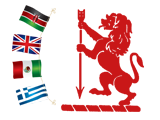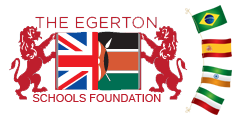History
At Egerton we aim to deliver high-quality history education where pupils gain a meaningful knowledge and understanding of Britain’s past and that of the wider world. We aim to inspire pupils’ curiosity to know more about the past and teaching should equip pupils to ask perceptive questions, think critically, weigh evidence, sift arguments, and develop perspective and judgement. We do this through class visits, visitors, Literacy lessons, enrichment days, themes and many more. Our History curriculum helps pupils to understand the complexity of people’s lives, the process of change, the diversity of societies and relationships between different groups, as well as their own identity and the challenges of their time. We also aim to incorporate the history of our town to enrich the pupils’ knowledge and understanding of their surroundings.
Changes to the History Curriculum and what this means for Egerton:
The Key Stage One History Curriculum remains rather similar to the old, with the addition of a few small changes. For example, the list of significant individuals in the past who have contributed to national and international achievements has expanded to include names such as Mary Seacole and Edith Cavell.
The Key Stage Two History Curriculum has seen lots of changes. The new curriculum is organised as a range of units, many of which will look familiar, incorporating six British history studies, one early civilization study (The Mayans for Egerton), one study of Ancient Greece and one non-European study. ‘The Stone Age’ is an entirely new area of study for the children in Key Stage Two at Egerton. Our curriculum allows pupils to understand how history ‘fits together’ & events from one time period affect another.
Below, you will find the Curriculum and Outcomes attached for this subject.
This document lists how the objectives of the National Curriculum are covered throughout each year group and each half-term. You will also find an overview of the subject areas covered and the key outcomes expected for each child to be considered working at the expected standard.
Alongside this document, staff utilise the vocabulary and skills progression created by subject leaders during their planning and assessment. These progression documents are in place to ensure that all learning is differentiated appropriately, builds upon previous years and leads into the next, and fully covers the National Curriculum and beyond.

 Egerton Primary School
Egerton Primary School
